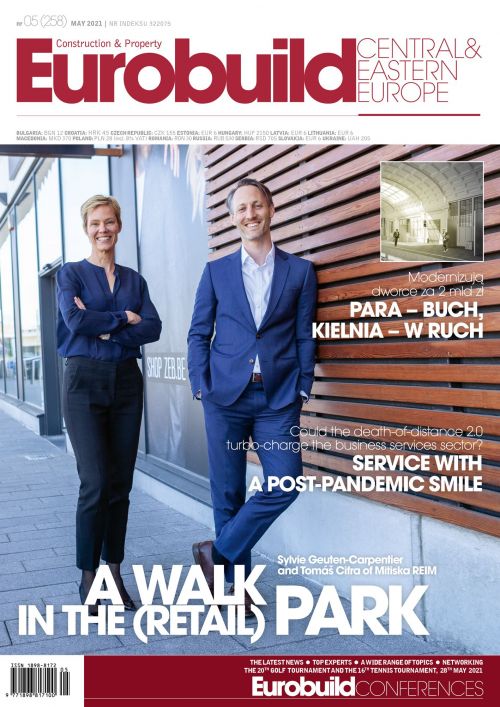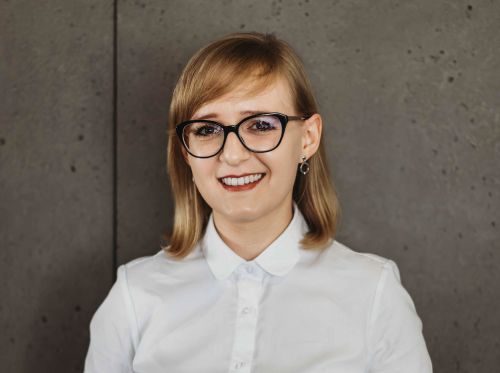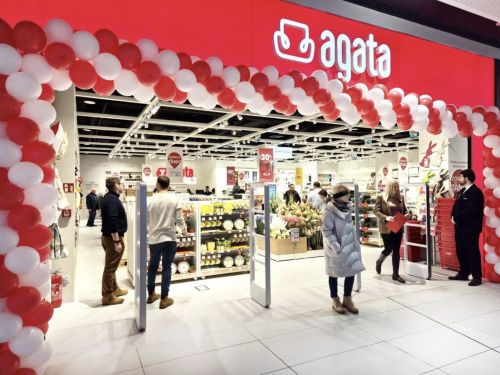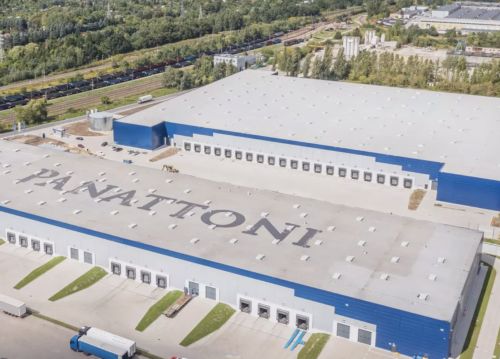See more photos in the gallery
The conference kicked off with financial market analyst Piotr Kuczyński, who stressed that the second half of 2021 should bring some rapid economic growth and that the Polish economy also looks in very good shape compared to other markets. But the good mood seemed to continue into the first panel discussion, which was about the impact that Covid has had on investment. “There is EUR 50 bln of unspent capital in Europe at the moment, which we would assume and our intel suggests still wants to find a home in real estate,” announced Jeff Alson, an international partner and Head of CEE capital markets at Cushman & Wakefield, who moderated the panel discussion. He also pointed out that many properties transacted during the pandemic are now worth more than they changed hands for.
In the panel discussion that followed, the speakers agreed that it might still be too early to say in the long run whether we will see a change in people’s work





























































